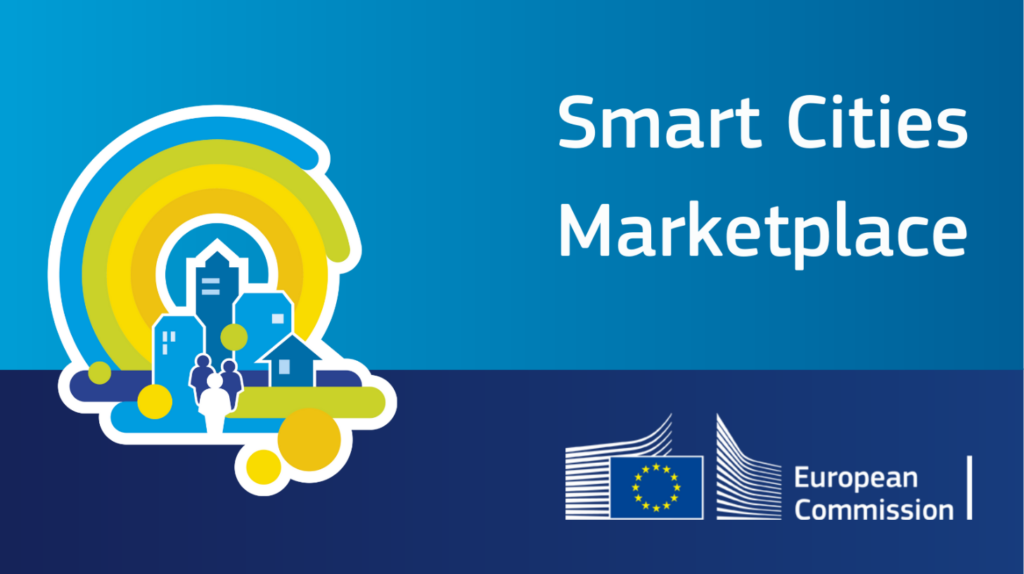The Green Cities consortium developed the blog post “Smart Human Resources: Enhancing Citizen Engagement” under the EU-Funded Project Youth Participation for Developing Sustainable Green Cities (reference number: 2022-1-DE04-KA220-YOU-000085135). L4Y Learning for Youth GmbH is leading the project alongside partners Citizens in Power, Toplum Gönüllüleri Vakfı, Kean, Walktogether, and Kaán Károly Környezetvédelmi Egyesület.
This blogpost is based on the training content developed for the Green Cities project. For more content like this, click here. If you would like learn more about the topic, we suggest enrolling in our free online training course. In the platform, you will also find the full list of references and extra suggested reading material.
To keep up to date with the project news, follow our YouTube Channel, as well as the project’s social media pages X and Instagram. Additonally, you can also join our Discord community.
Introduction
Smart human resources are revolutionizing sustainable urban development by leveraging skilled and innovative individuals to tackle complex city challenges. Therefore, understanding the role of smart human resources is crucial. These individuals not only perform traditional HR functions but also drive initiatives aimed at promoting environmental sustainability, social equity, and economic prosperity within urban areas. Consequently, smart human resources play a vital role in advancing green city agendas.
Definition of Smart Human Resources
Smart human resources strategically utilize skilled individuals to address urban challenges. Moreover, these professionals drive forward initiatives promoting environmental sustainability, social equity, and economic prosperity. By focusing on nurturing talent, cities can therefore advance green agendas and foster sustainable urban development.
Leveraging Technology in Smart Human Resources
Technology enhances human resources management in green cities by enabling efficient and effective processes. For instance, data analytics, digital platforms, and automation streamline HR functions, support sustainable development initiatives, and facilitate communication among stakeholders. Moreover, technology helps identify talent gaps and predict future workforce needs, ensuring a proactive approach to managing human resources.
Skills and Competencies
Smart human resources require diverse skills and competencies to contribute effectively to green city initiatives. Key skills include sustainability knowledge, interdisciplinary collaboration, and adaptability. Additionally, competencies like communication, creativity, problem-solving, and lifelong learning are essential for thriving in a rapidly changing urban environment.
Case Studies: Innovative Initiatives of Smart Human Resources
Copenhagen, Denmark: Copenhagen’s “Green Jobs for Copenhagen” program trains the local workforce for green industries. By partnering with businesses, educational institutions, and community organizations, the program offers training in renewable energy, sustainable transportation, and green building technologies. Therefore, this initiative empowers the workforce and supports the city’s sustainability goals.
Singapore: Singapore’s “SkillsFuture for Green Jobs” initiative offers training and career development in emerging green sectors such as renewable energy and sustainable construction. By investing in workforce skills, Singapore aims to build a competitive advantage in the green economy and foster sustainable growth.
Amsterdam, Netherlands: Amsterdam’s “Circular Talent Program” provides young professionals with hands-on experience in circular business models and sustainable practices. Through internships, workshops, and mentoring, participants learn to design and implement circular solutions, driving innovation and accelerating the city’s transition to a sustainable future.
Smart Human Resources: Citizen Engagement in Green Cities
Importance of Citizen Engagement
Citizen engagement is paramount in driving sustainable urban development. By involving residents in decision-making processes, cities can harness local knowledge and values to create responsive and inclusive green city initiatives. Engaged citizens are stakeholders and co-creators, contributing to the design, implementation, and evaluation of sustainability strategies.
Foundations of Citizen Engagement
Effective citizen engagement relies on principles of transparency, inclusivity, accessibility, and accountability. Transparency ensures open decision-making processes, fostering trust. Inclusivity promotes participation from diverse voices, ensuring all community needs are considered. Accessibility makes engagement opportunities available to all residents. Accountability holds decision-makers responsible, allowing citizens to hold them accountable.
Benefits for Green Cities
Citizen engagement brings numerous benefits, including increased public awareness, community empowerment, enhanced decision-making, and improved project outcomes. By involving residents, cities can raise awareness about environmental issues, inspire collective action, and empower communities to drive positive change. Moreover, citizen input improves decision-making quality by incorporating diverse perspectives and local knowledge.
Challenges and Opportunities
Citizen engagement presents challenges such as participation barriers, stakeholder diversity, and communication strategies. Overcoming these challenges, however, offers opportunities for fostering innovation, building social cohesion, and strengthening the legitimacy of green city initiatives. Therefore, addressing these challenges is crucial for effective citizen engagement.
Conclusion
In conclusion, smart human resources and citizen engagement are essential for sustainable urban development. By leveraging technology and fostering diverse skills, cities can promote environmental sustainability, social equity, and economic prosperity. Consequently, as cities evolve, smart human resources and active citizen engagement will play increasingly vital roles in shaping the future of urban development. Ultimately, these strategies offer innovative solutions to urban challenges, making cities smarter, more efficient, and better places to live.













